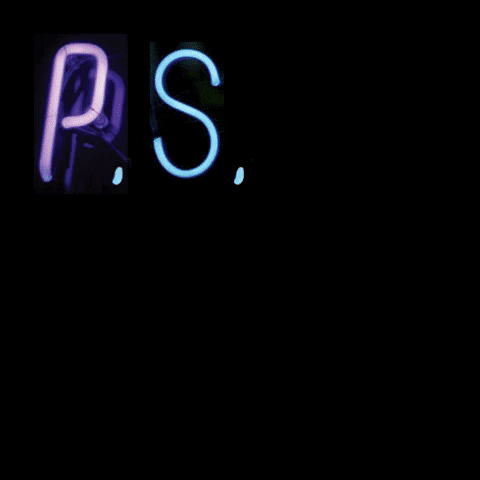Here's something that might fall under the banner of post-pandemic trauma and what are we going to do about it: resenting, or perhaps straight-up hating, the people who did not take the whole thing seriously enough.
The struggle has come up a lot in my circles, but was articulated more directly than I've ever seen by Quinn Norton in their essay We Hate You Now: The Hardest Problem of the Aftertimes.
"There’s going to be a point where this is over, and we’re all going to be in person again. If you didn’t mask, went to crowded spaces, visited friends and family, any of those things, best hide that from me. Because what’s happening right now is your fault: the sickness, exhaustion, deaths, loneliness, isolation, it’s the fault of people who can’t just stay home and mask long enough to let this horrible thing burn itself out."
I am lucky, I guess, that as far as I know, no one in my life was reckless with the pandemic. Yes, some of my friends or family did things they weren't supposed to do, but mostly in ways that illicit small frustrations and eye-rolls, not harsh judgments. (Okay, fine, some very harsh judgments, but not "I hate you now" judgments.)
There's been no international travel, nobody going to illegal apartment nightclubs, no refusals to wear masks or vaccine rejection. Or if there has, they have been hiding it well, for which I am grateful, because I got enough anxiety seeing a friend post that they had a drink inside a restaurant (when this was well within the rules) let alone that they got on a plane for fun. (I shudder at the thought.)
"Unlike any other pandemic in history, our level of scientific knowledge and ability to communicate globally gave us the power to stop this virus. This is humanity’s first self-inflicted pandemic. Or rather, a bunch of people inflicted it on the rest of us because of selfishness, ignorance, or both. If you are one of those people, you have by definition not had to deal with me or my tribe — the ones that took this seriously, the ones who fought this thing tooth and nail, or who stayed home except to do the most needful things. But when we are all back together, this is going to be a new and terrible social problem. If you were out, helping to spread this virus, I don’t know what to tell you. It’s going to be a long time before I know how to forgive you.
You should probably just lie about it for the rest of your life."
It's ridiculously harsh and also not wrong
Sign up for my email newsletter for a bi-weekly digest and bonus content!


No comments:
Post a Comment